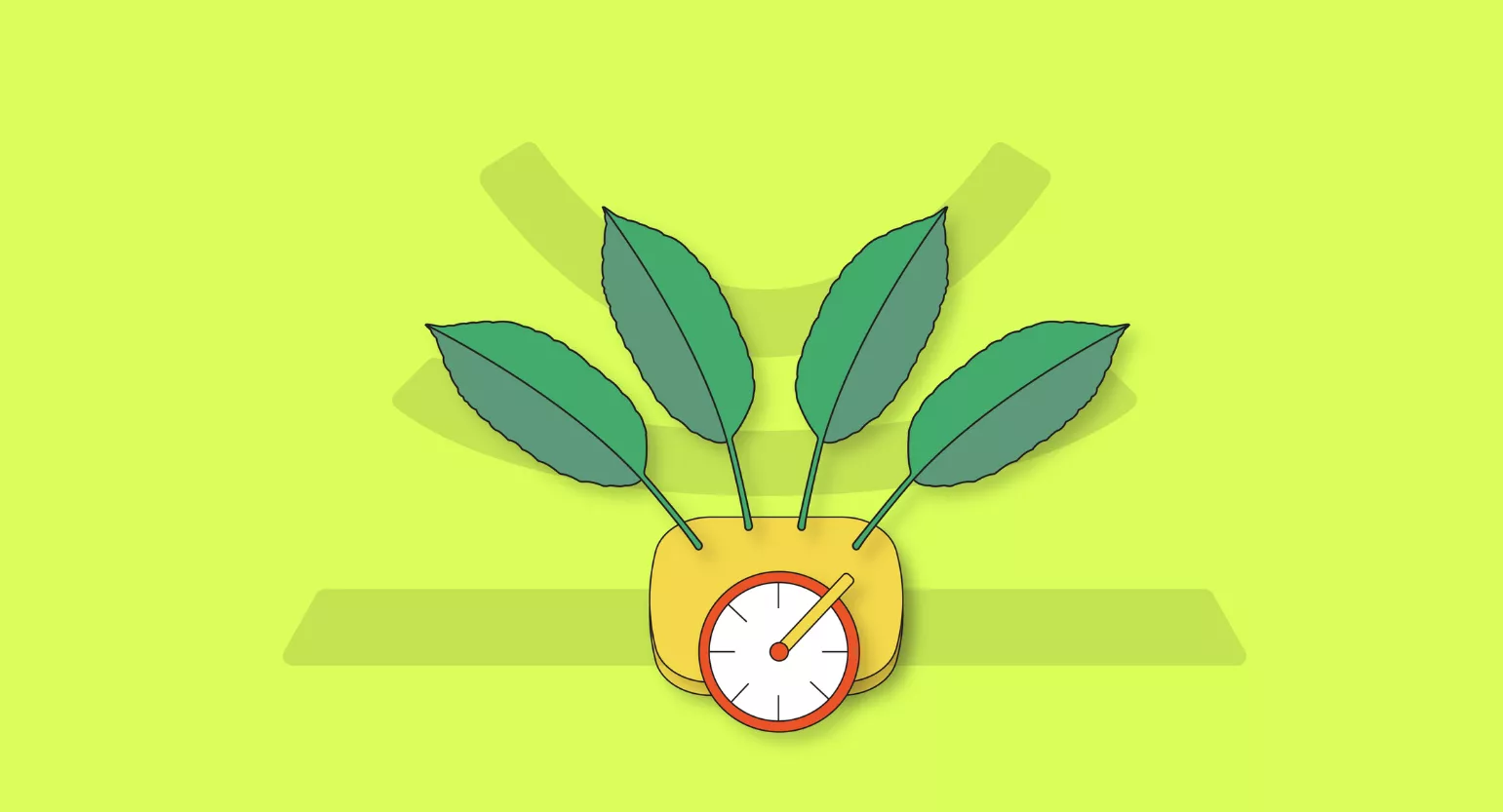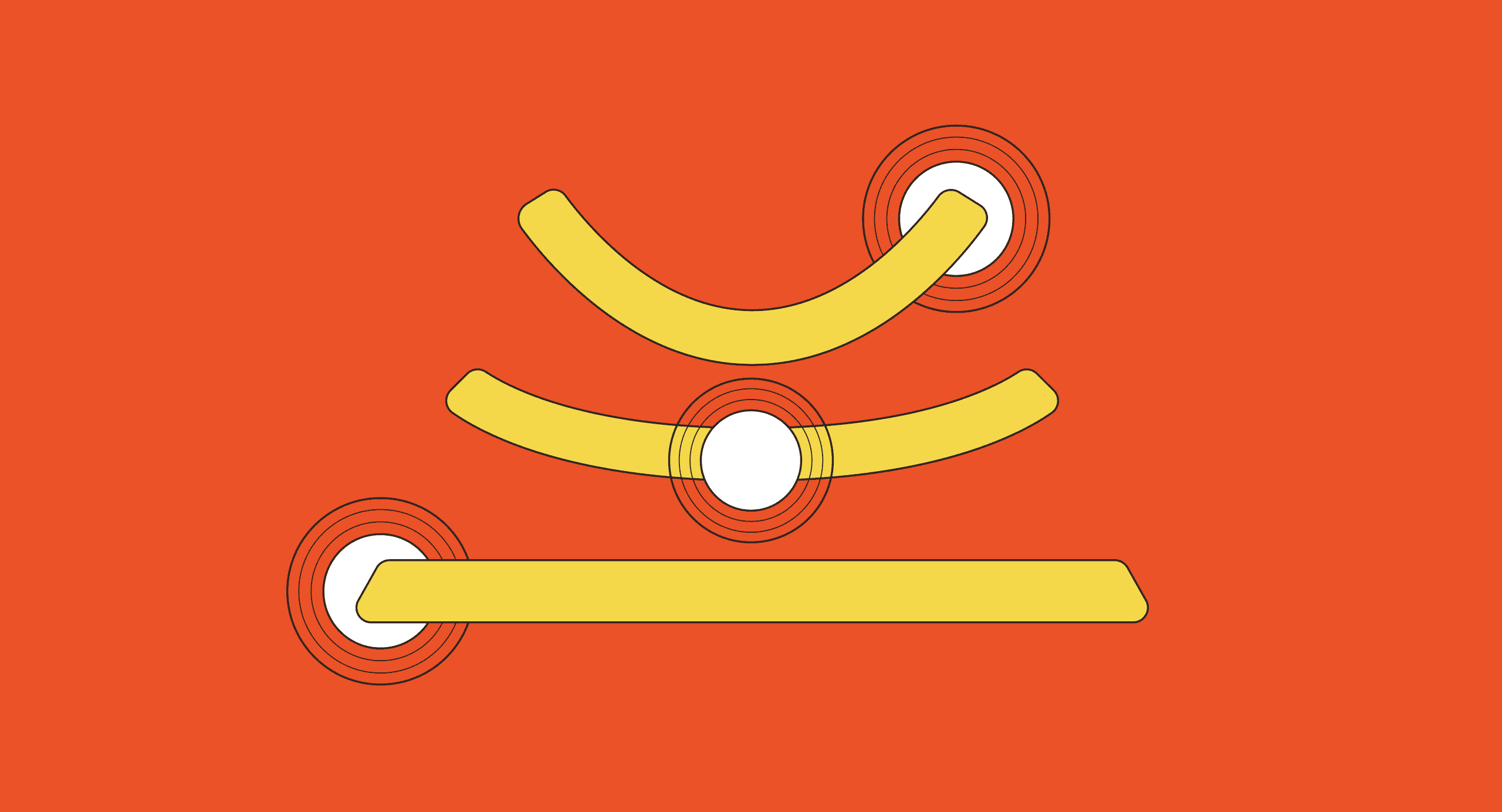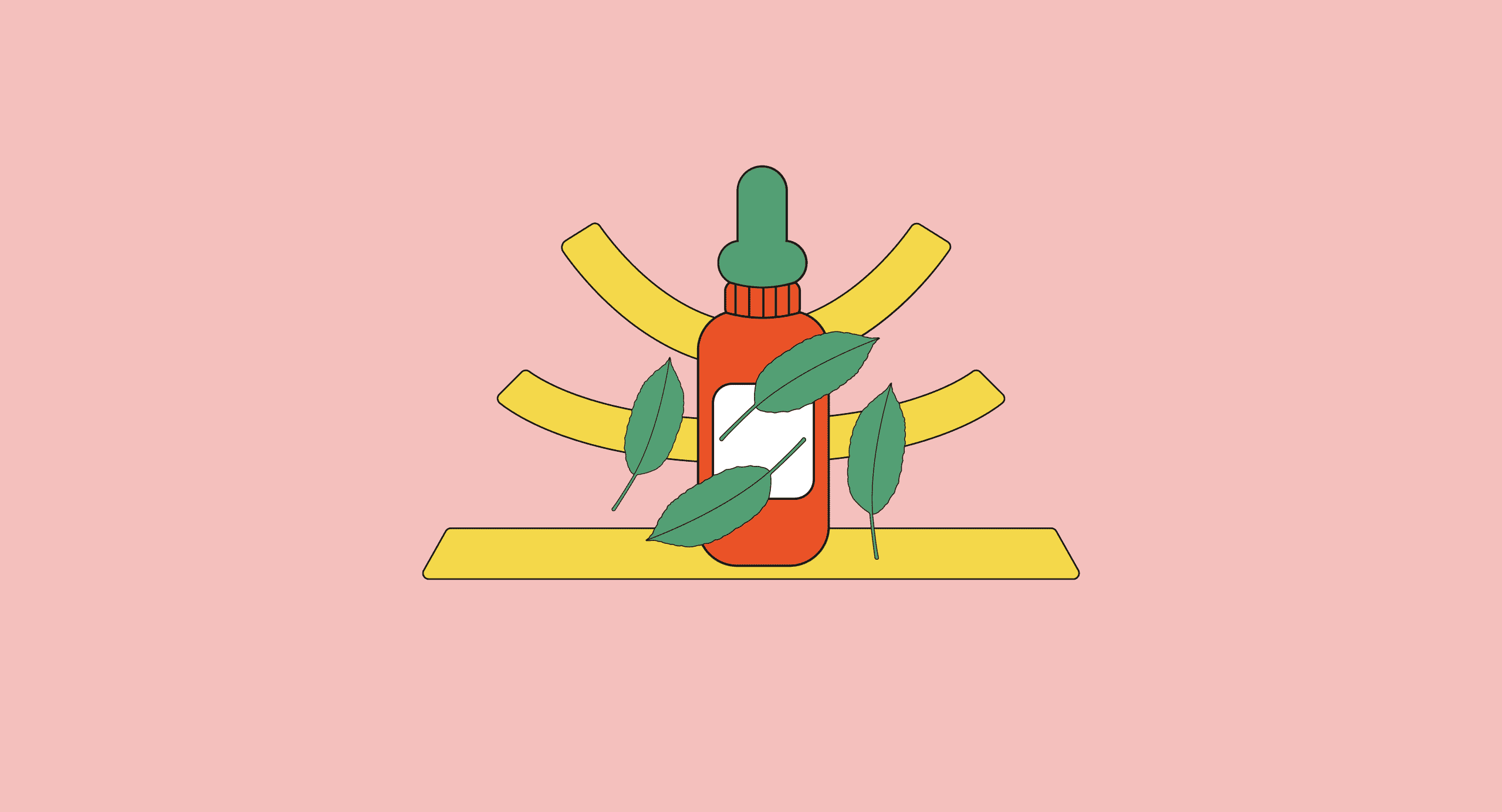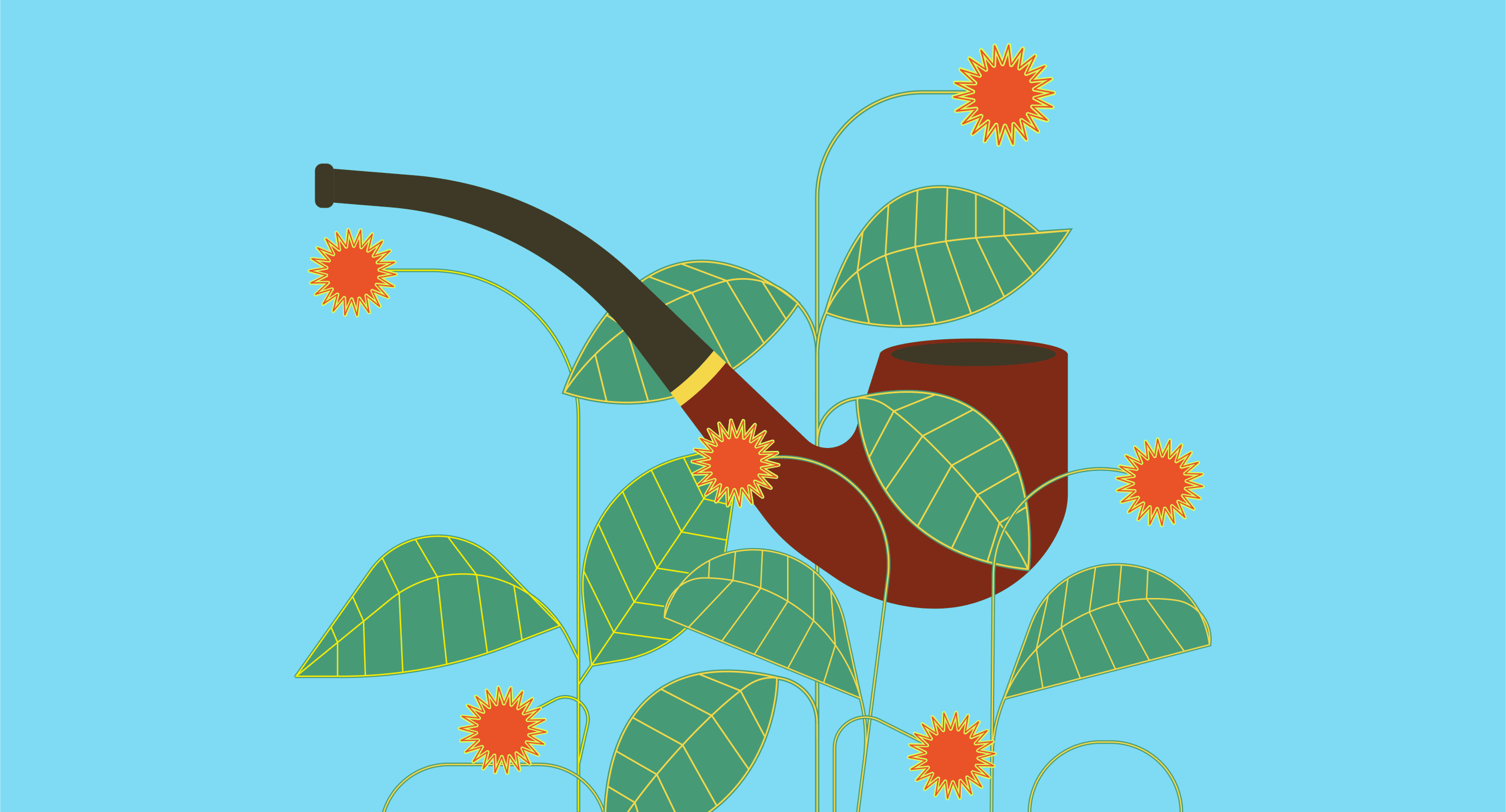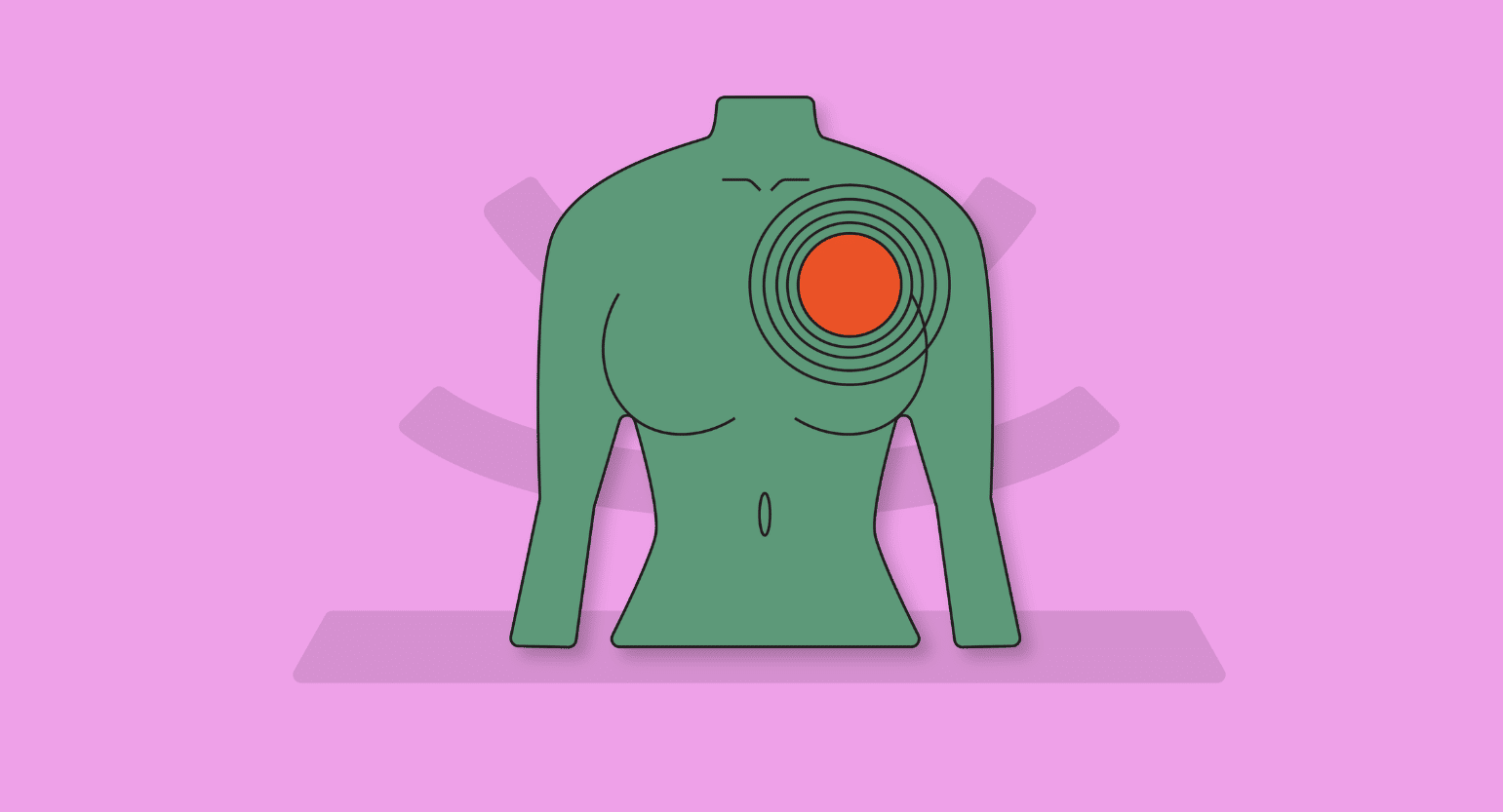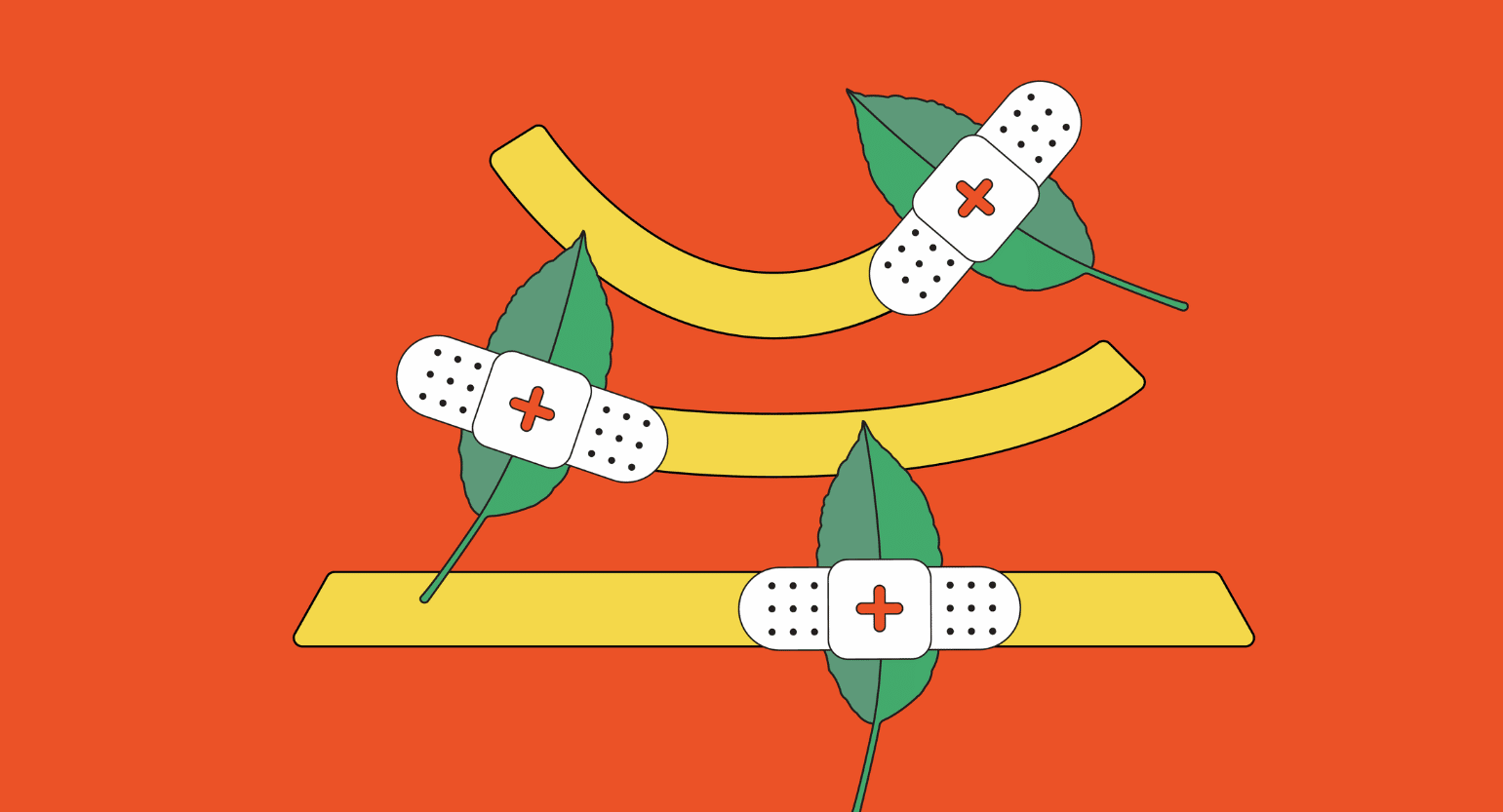What Is Kratom?
Kratom (Mitragyna speciosa) is an herb found primarily in southeast Asia that’s commonly used to treat chronic pain, anxiety, and depression. It’s known to enhance cognitive performance and improve mood as well.
Kratom comes in three different types of strains: green-vein, white-vein, or red-vein, each with its own set of effects. The most common way to take kratom is to mix powdered leaves with water and drink it, although some people chew the leaves directly or smoke them.
Can Kratom Help With Weight Loss?
Yes, kratom can help you lose weight, but probably not in the way you might think.
Kratom indirectly supports weight loss by increasing your motivation and energy levels, helping you stick with your exercise routines.
There’s also some evidence that kratom can boost your metabolism — which means it may increase your basal metabolic rate,
Think of kratom as one piece of the weight loss puzzle that can help make it easier to eat right and exercise. It’s not a cure-all or magic weight loss supplement by any frame of the imagination.
A good analogy is how vitamins support an already healthy diet. If you regularly eat pizza, hamburgers, and ice cream, taking a vitamin daily isn’t going to make you healthy magically. Vitamins supplement a healthy lifestyle, but they can’t create it independently.
Similarly, kratom can help you lose more weight if you’re already eating right and exercising, but taking kratom alone won’t make you suddenly lose weight.
Clinical studies on kratom and human weight loss aren’t common. However, many studies document how mild stimulants like caffeine can enhance weight loss by increasing metabolism [1,2]. Since certain kratom strains can have stimulating effects on par with a standard cup of coffee, it’s reasonable to expect similar results from kratom.
Why Use Kratom For Weight Loss?
You can enjoy several potential benefits from taking kratom, all of which can help you reach your weight-loss goals. The most prominent and positive effects are below.
Kratom Boosts Energy
Some kratom strains have powerful stimulating effects that many people describe as similar to drinking several strong cups of coffee.
White-vein kratom strains possess the most stimulating effects, making them the best choice if eliminating lethargy is your primary goal. Some green-vein kratom strains will also provide a slight energy boost, but they aren’t as effective.
Stick with white strains if energy is your main concern — more energy means more effective workouts and a smaller chance of skipping a strenuous routine to relax on the couch.
Most people recommend taking 2 – 6 g of kratom 30 minutes to an hour before your workout. You’ll find your training much easier to start when the kratom kicks in, and you’ll have some extra gas in the tank to help towards the end and maybe even get extra reps in.
Also see: 10 Cheap Pre-Workout Alternatives You Might Not Have Thought Of
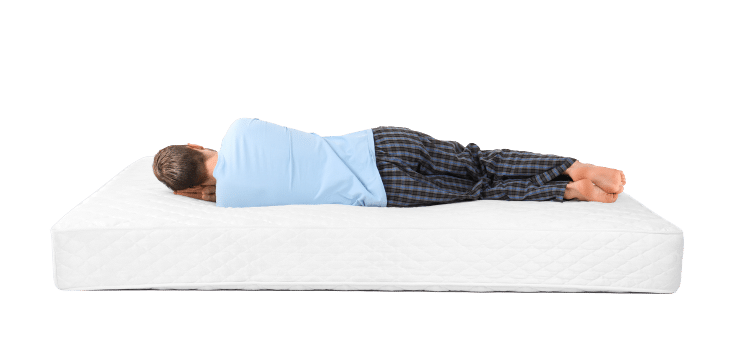
Kratom May Improve Sleep Quality
Getting enough sleep — and high-quality sleep — is one of the most overlooked aspects of leading a healthy life. Many people are too busy to get the proper amount of sleep each night, and their sleep is often restless.
Overwhelming evidence indicates that getting enough sleep is one of the most reliable ways to maintain a healthy body weight [3,4]. Weight loss is more difficult when you don’t sleep enough. Moreover, exercise is less effective when you’re low on sleep, meaning you can’t make up for fewer hours in bed with more hours in the gym.
Some kratom strains are sedative; red-vein kratom and certain green-vein strains have soothing effects that can help you relax before bed and improve sleep quality. Taking between 2g–6g of a red-vein kratom strain about 30 minutes before bed does the trick for most individuals.
Choosing a more sedative strain seems counterproductive in light of the previous section about boosting your energy, but it depends on what’s holding your weight loss back. If you have no trouble blasting through your workouts but don’t sleep well, you would benefit more from taking a relaxing kratom strain at night before bed. On the other hand, if you sleep like a baby but can’t make it through your exercise routine, energizing white strains will better serve you.
Kratom May Alleviate Anxiety
Virtually everyone is overworked and stressed these days, making anxiety one of the most common health conditions in the world. No one likes feeling anxious and on edge, but most people don’t realize their anxiety contributes to their dieting troubles.
One 2009 study showed people with more stressful jobs or more difficult financial positions were more likely to be heavier than their counterparts in less stressful jobs and more comfortable financial states [5]. Other studies link obesity to depression and anxiety, especially in women [6, 7].
While many people are familiar with the idea of stress eating, nervous snacking isn’t the only factor at play. Cortisol is a hormone designed to help you store fat when you’re under stress.
For early humans, stress often came from a lack of food, and a person’s survival depended on them conserving their fat stores. While that’s great for our ancestors living in the wilderness, it’s a nuisance for modern humans trying to lose weight.
Luckily, kratom can help with stress. Red-vein kratom is particularly good at relieving anxiety and can help manage stressful lives. Most people find red strains too sedative to take during the day, but taking some before bed at night can have a lasting effect throughout the day. Some green strains are also an option, although they aren’t as effective as a whole.

Kratom Reduces Appetite
Some strains could help you lose weight more directly by decreasing your appetite. For people not interested in losing weight, a loss of appetite from taking kratom is an unwanted side effect, but some kratom proponents use it to their advantage.
Not everyone experiences the same side effects even when taking the same strains, so it might be harder to pin down the right strain for you. Your best bet is likely to stick with red-vein kratom if you want to squash your snacking since they tend to suppress appetites more frequently than other strains.
Kratom Boosts Motivation & Mood
Nothing derails an exercise routine or a diet faster than losing motivation. When you stick to your plan for weeks at a time, and the scale doesn’t budge, it’s easy to lose hope and give up. If that sounds like a familiar experience to you, kratom might be able to help.
White-vein kratom is an effective mood booster that can help treat depression. Certain strains can improve your outlook, enhance your focus, and give you clarity where you might otherwise slip into despair.
The right strain can help things not seem so bad when you hit a rough patch in your weight loss journey. Fighting through plateaus and persevering when you want to give up are some of the hardest parts of losing weight, and luckily, kratom can help make those times a bit more manageable.
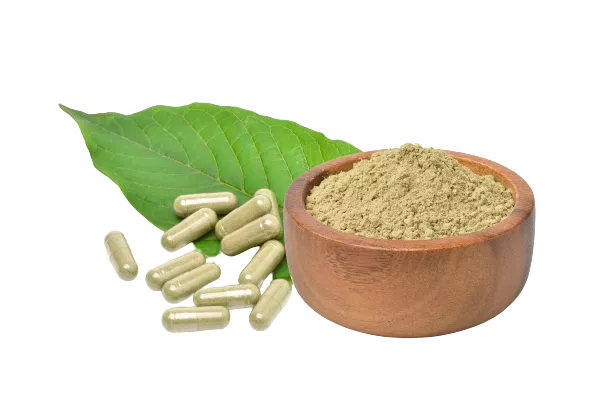
Tips For Using Kratom For Weight Loss
As you can see, there are a few different ways you can use kratom for weight loss, depending on your struggle. Whether you need more energy, motivation, better sleep, or help squashing those cravings — or all of the above — kratom might help.
However, it’s essential that you think of kratom as one small factor in the overall weight loss equation and not treat it as a miracle cure. Here are a few tips on how to get the most out of kratom — and your efforts.
Don’t Expect Kratom to Do All the Work
Before you consider taking kratom to help you shed some pounds, ensure you’re eating a healthy diet, getting enough sleep at night, and exercising regularly. Kratom can be the extra push that gets you over the hill, but it very likely won’t do anything without an otherwise healthy lifestyle.
Keep Realistic Expectations
One of the best ways to increase your odds of success when losing weight is to keep your expectations in check. Many people start a new diet or workout routine expecting to look different in the mirror after a few weeks. Unfortunately, that’s not how it works, and having unrealistic expectations sets you up for disappointment.
Look At the Big Picture
Keep the big picture in mind, and remember that you’re trying to establish a healthy routine for the rest of your life. You have years to get in shape and be healthier, so don’t try to reach your target weight in one or two months. Quarterly check-ins are a good idea since it’s far enough apart to notice differences, but not so far that you lose motivation between them. Take pictures and measurements every three months so you can keep track of your progress.
Best Kratom Strains For Weight Loss
There are tons of kratom strains out there that could assist with weight loss. Below are two of the most popular.

Red Maeng Da Kratom
Red Maeng Da is a relaxing kratom strain suitable for alleviating stress and helping you sleep more easily at night. If you lead a stressful life and have reason to believe anxiety may be preventing you from losing weight, you might want to give this one a try to calm down and relax enough to get a decent night’s sleep.
→ Find This Strain on Star Kratom.

White Thai Kratom
On the other hand, if you lack energy and motivation and find it difficult to stick to your weight loss plan, you might benefit from trying white Thai kratom.
Most users find that it’s an uplifting strain that gives them more energy, improves their mood, and makes it easier to stay motivated.
An additional bonus is that white Thai kratom is a moderate appetite suppressant for most people.
→ Find This Strain on Kona Kratom.
Other Tips & Tricks For Weight Loss
Kratom works best as a weight loss aid when it is part of a healthy lifestyle.
If there were anything someone could take to instantly start losing weight while still eating whatever they want and not exercising, everyone would already know about it.
Here are some quick tips if you don’t know where to begin when establishing new healthy habits:
Track Calories
Eating the right number of calories is one of the most important things you can do when trying to lose weight. Record how many calories you eat each day by paying careful attention to nutrition labels and recording your meals. There are plenty of mobile apps that can help you track your daily caloric intake.
Don’t Eat Until You’re Full
A general rule is to stop eating before you feel 100% full. There is a lag between when you stop eating and when your brain registers how much food you eat. If you keep eating until you feel full, you will end up eating more than you need and feeling bloated.
Cut Out the Sugar
Another tip is to cut back on your sugar intake. Most people who eat western diets consume far more sugar than is recommended. If you start tracking your calories, consider recording how much sugar you eat each day as well.
You’ll be surprised by how quickly you reach the recommended daily intake levels. Many people are physically addicted to sugar, so weaning yourself off sugar is the best way to achieve long-term success.
Start Slow
If you’re new to exercising, start slowly. It’s common for beginners to jump into a new routine with gusto, only to wind up sore or injured and unable to continue after a few sessions. Walk before you run, literally.
Weight loss works best when you’re in it for the long haul. Rather than making large, temporary changes in your habits and routines, aim for slower, more gradual, but long-lasting improvements in your daily habits.
Don’t Be Intimidated
Many people feel intimidated by the gym, especially when they’re new.
Try to remember that everyone was new once and that most people aren’t paying any attention to what you’re doing; everyone is focusing on their own workouts. If you’re an anxious person, consider trying a sedative kratom strain rather than an energizing one since the energy-boosting strains can worsen anxiety.
Find Something You Love
The best tip for sticking with an exercise program is to find something you enjoy doing. It’s so much easier to convince yourself to hop on your bike if you love cycling than it is to slog through another running workout just because that’s what you think you should be doing.
Hiking, biking, swimming, rock climbing, basketball; the list is endless. Think about what you enjoy most and try to base your workouts around it.
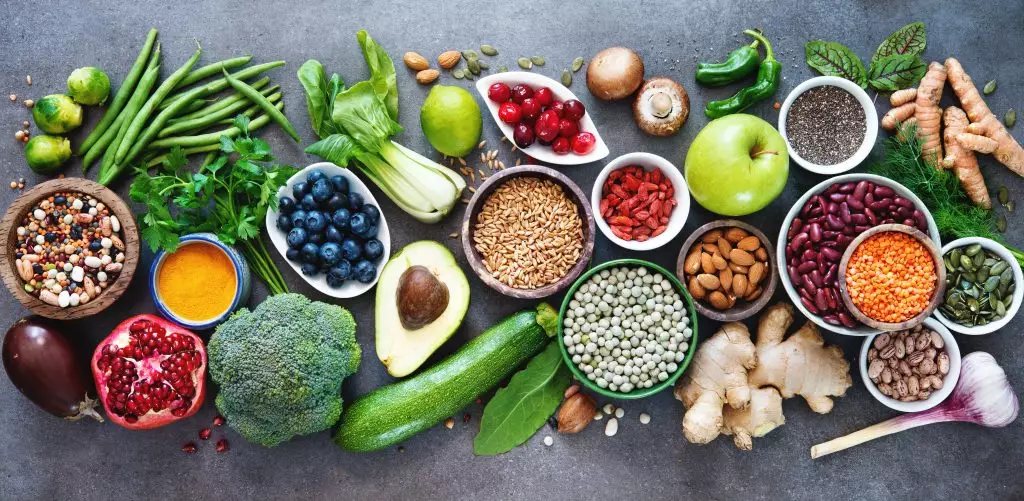
What Are The Risks of Using Kratom for Weight Loss?
Kratom has side effects, especially when used in large amounts.
You shouldn’t run into any problems if you’re using kratom with the right intention and in the right dose.
With that said, the most common side effects to watch out for include:
- Insomnia
- Dizziness
- Low blood pressure
- Loss of coordination
- Nausea
- Tremors and shaking
- Itchiness
- Reduced libido
- Seizures
Luckily, most people don’t experience any side effects, and those that do usually take more than the recommended amount or forget to take breaks.
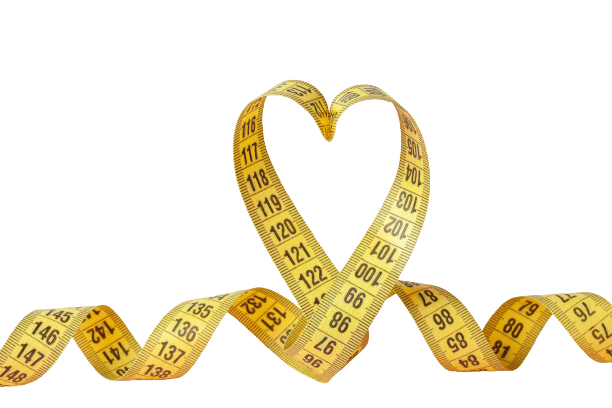
Comparing The Top Kratom Brands
| Top Kratom Vendors | Pros | Cons | Coupon Codes & Discounts |
| Kona Kratom | • Extensive product lineup• Fresh batches • Consistently high product potency • Exceptionally fast shipping• AKA certified | • Only ships within the US | Use KRATOMORG for 15% off |
| Star Kratom | • Most Affordable • Selection of rare kratom strains• AKA certified | • Less selection than other popular vendors | Use KRATOMORG for 10% off |
| VIP Kratom | • Specializes in premium kratom • Options for capsules & raw powder for most strains• AKA certified | • Premium products mean premium pricing | Use KRATOM10 for 10% off |
Key Takeaways: Kratom For Weight Loss
The most important thing you can take away from this guide is that taking kratom alone won’t make you lose weight. A healthy diet, enough sleep, and a strict exercise routine are all necessary if you want to make long-lasting changes to your lifestyle and eventually lose weight.
You might want to consider using kratom only after the main pieces are in place; think of it as adding seasoning to a dish. Spice alone won’t make a meal great, but it can make everything taste better when added to an already delicious plate.
- Arciero, P. J., Bougopoulos, C. L., Nindl, B. C., & Benowitz, N. L. (2000). Influence of age on the thermic response to caffeine in women. Metabolism, 49(1), 101-107.
- Bracco, D., Ferrarra, J. M., Arnaud, M. J., Jequier, E. R. I. C., & Schutz, Y. V. E. S. (1995). Effects of caffeine on energy metabolism, heart rate, and methylxanthine metabolism in lean and obese women. American Journal of Physiology-Endocrinology and Metabolism, 269(4), E671-E678.
- Chaput, J. P., & Tremblay, A. (2012). Adequate sleep to improve the treatment of obesity. Cmaj, 184(18), 1975-1976.
- Thomson, C. A., Morrow, K. L., Flatt, S. W., Wertheim, B. C., Perfect, M. M., Ravia, J. J., … & Rock, C. L. (2012). Relationship between sleep quality and quantity and weight loss in women participating in a weight‐loss intervention trial. Obesity, 20(7), 1419-1425.
- Block, J. P., He, Y., Zaslavsky, A. M., Ding, L., & Ayanian, J. Z. (2009). Psychosocial stress and change in weight among US adults. American journal of epidemiology, 170(2), 181-192.
- Onyike, C. U., Crum, R. M., Lee, H. B., Lyketsos, C. G., & Eaton, W. W. (2003). Is obesity associated with major depression? Results from the Third National Health and Nutrition Examination Survey. American journal of epidemiology, 158(12), 1139-1147.
- Jorm, A. F., Korten, A. E., Christensen, H., Jacomb, P. A., Rodgers, B., & Parslow, R. A. (2003). Association of obesity with anxiety, depression and emotional well‐being: a community survey. Australian and New Zealand journal of public health, 27(4), 434-440.

